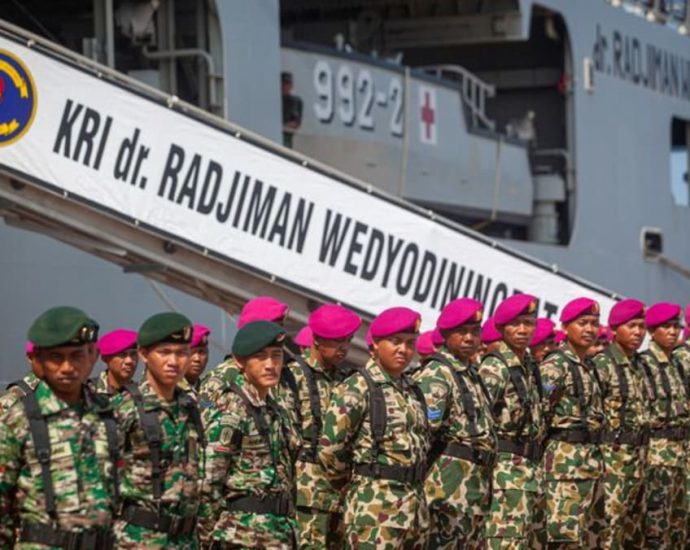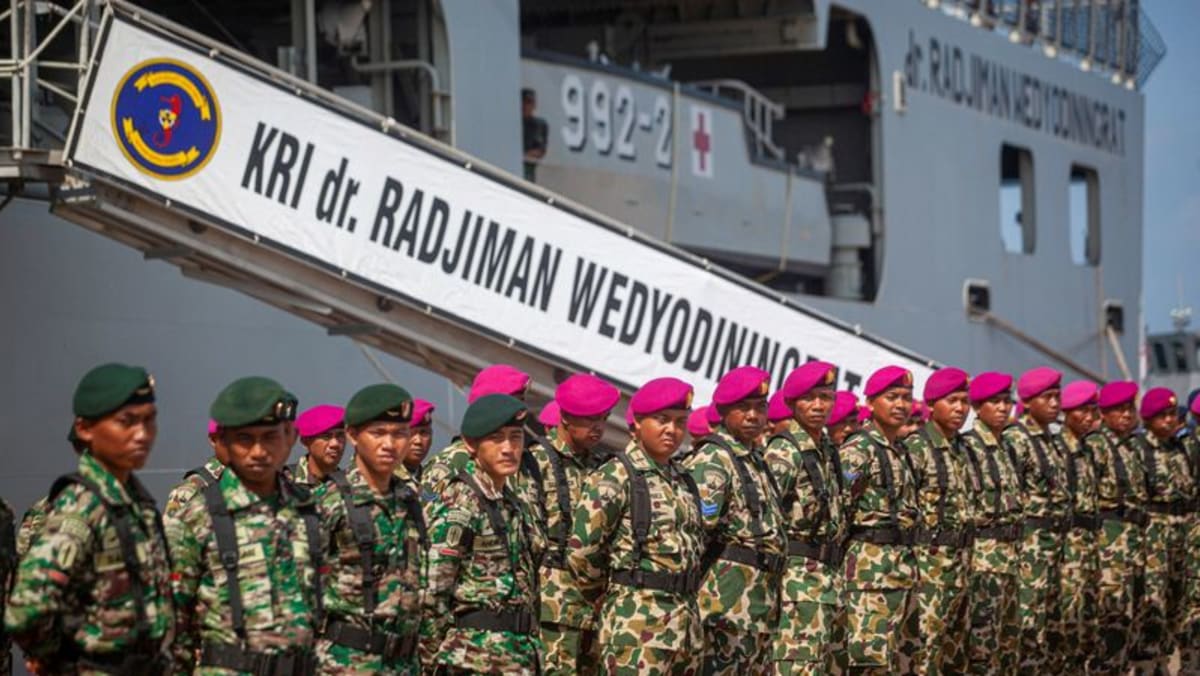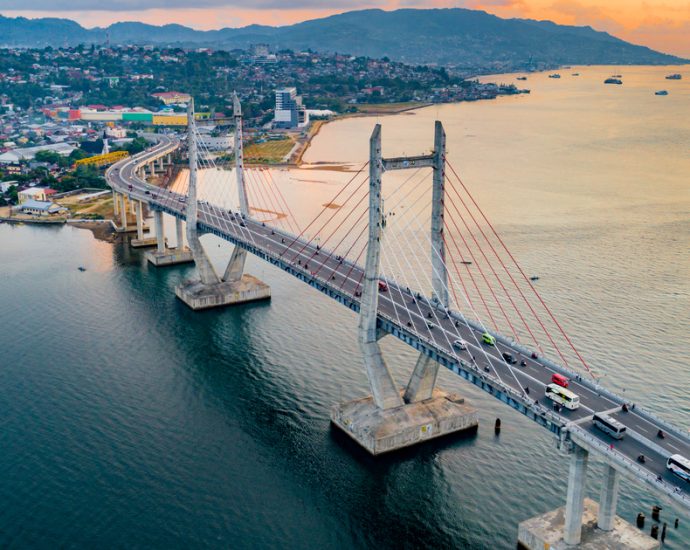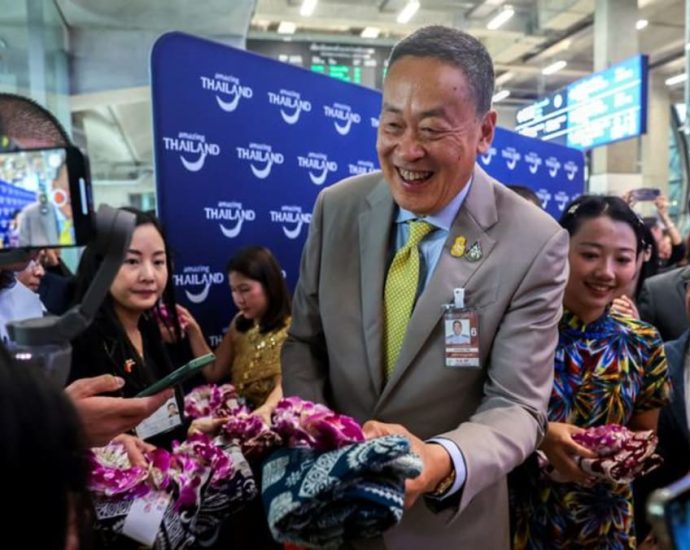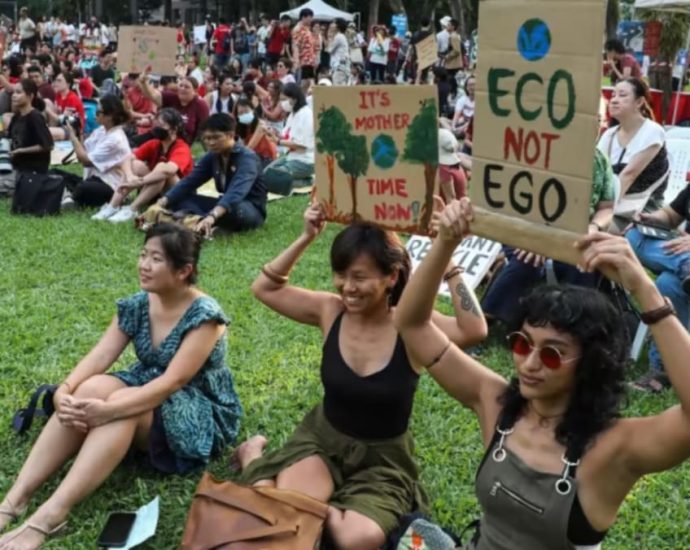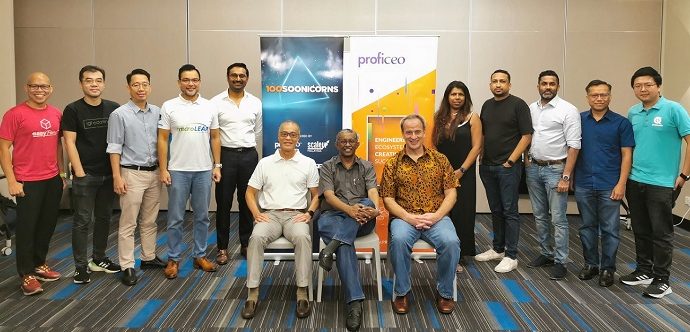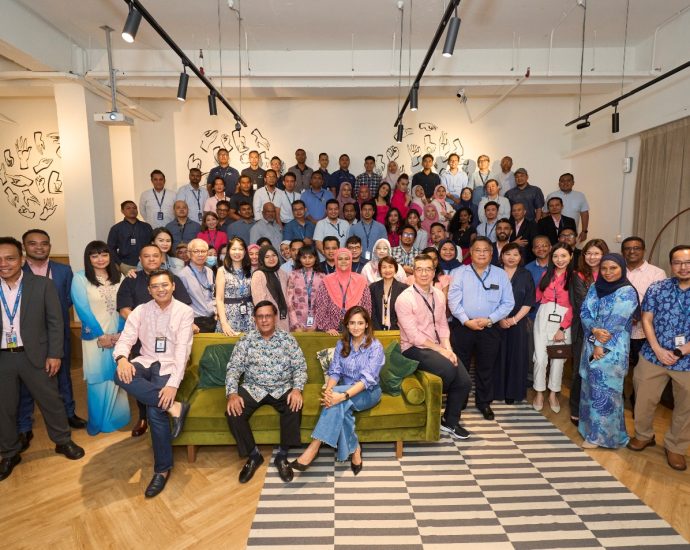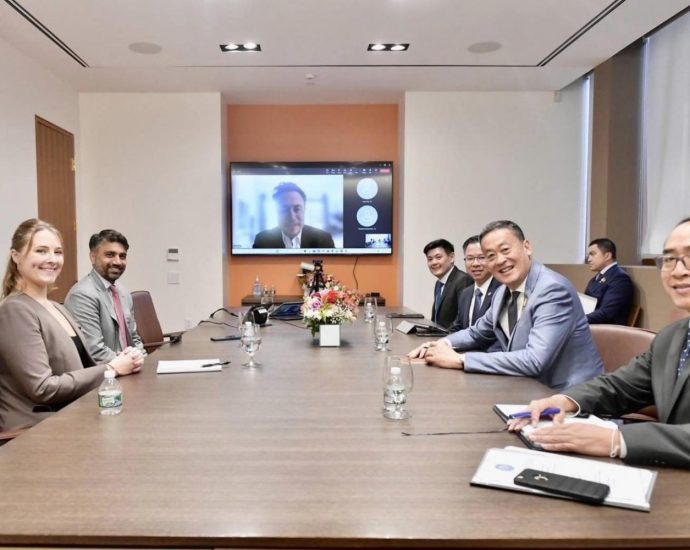Mazars in Singapore appoints new leaders | FinanceAsia

Paris-headquartered audit, tax and advisory firm, Mazars, announced earlier this month the appointment of new leaders across its capital markets, risk management, and outsourcing businesses in Singapore.
Chee Keong Ooi, Shireen Tan and Justin Lim have each been appointed as head of capital markets, head of risk management and head of outsourcing respectively, effective September 1.
“Effective leadership involves making timely strategic decisions that align with both the current macro challenges and our long-term vision,” Rick Chan, managing partner in Singapore and head of audit and assurance in Apac, told FinanceAsia.
The new leaders will provide regular updates on the progress and development of their respective teams to the Mazars’ executive committee, he added.
With over 20 years of experience in accounting, Ooi brings to his new role significant experience advising clients seeking initial public offerings (IPOs) and reverse takeovers via the Singapore and Hong Kong exchanges. Having been with Mazars for over 11 years, he most recently served as audit partner based in Singapore, according to his LinkedIn profile.
Chan explained that Ooi’s senior role is newly created. Among his priorities will be solidifying Mazar’s reputation and shaping the firm’s strategic direction in the capital markets sector.
“Ooi’s responsibilities span vital areas, including business development, client relationship management, team growth and development within Mazars’ capital market sector, and overseeing risk assessments for capital market projects,” Chan noted.
Mazars was the second most active firm in IPO audit services in Singapore last year, supporting two out of nine offerings and representing 36% of the S$17.9 million ($13.1 million) in funds raised in the market.
“Listing on the international market continues to hold strong appeal for investors and companies alike,” Ooi told FA, citing recent IPOs from Arm and Instacart in the US, both of which bolstered market sentiment and investor confidence.
Meanwhile, he identified market volatility and regulatory hurdles as some of the greatest challenges for Asia’s current IPO market.
“Factors like uncertainty, geopolitical tensions, and economic instability can affect market volatility,” he explained.
“Navigating regulations, compliance, and reporting standards can also be complex for companies seeking to go public.”
He added that concerns around valuation, liquidity, and exit strategies can also affect capital raising and share prices.
“For venture-backed companies, the ability to offer exit opportunities to early-stage investors and founders through IPOs is crucial,” he explained.
Risk awareness
Shireen Tan joins Mazars from PricewaterhouseCoopers (PwC), where her most recent role involved serving as senior manager, according to her LinkedIn profile.
In her new capacity, Tan will aim to foster a risk-aware culture, enhance risk identification, and implement robust risk mitigation strategies, Chan outlined.
“Effective risk management is not just about minimising potential risks or losses but also about seizing opportunities in an ever-evolving business landscape,” Tan shared in the press release.
“I’m committed to working closely with cross-functional teams to align risk management strategies with the firm’s objectives, enabling us to make informed decisions that drive sustainable growth.”
Also forming one of the key changes is Justin Lim’s appointment to lead Mazars Singapore’s outsourcing team. In his new role, Lim will be responsible for further strengthening the outsourcing capability, which is the firm’s third largest service line after audit and assurance services. Alongside his new remit, he will continue to lead the Asia-based Corporate Secretarial segment.
Additionally, Tan Shen Way and Victor Ouyang were promoted as local partner in audit and assurance, effective September 7.
¬ Haymarket Media Limited. All rights reserved.


